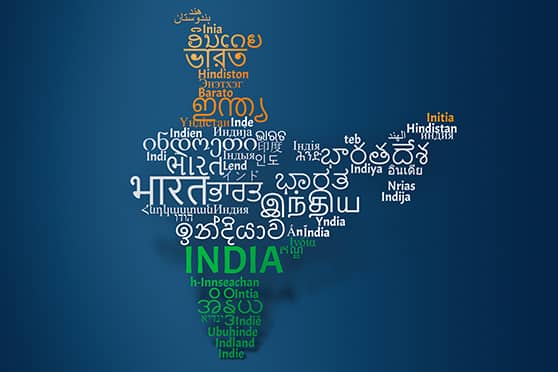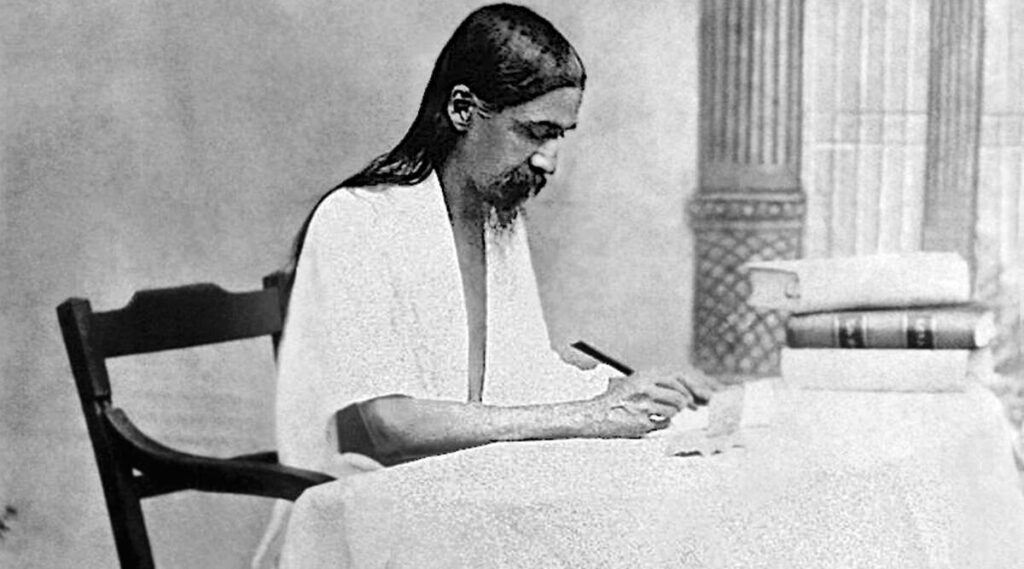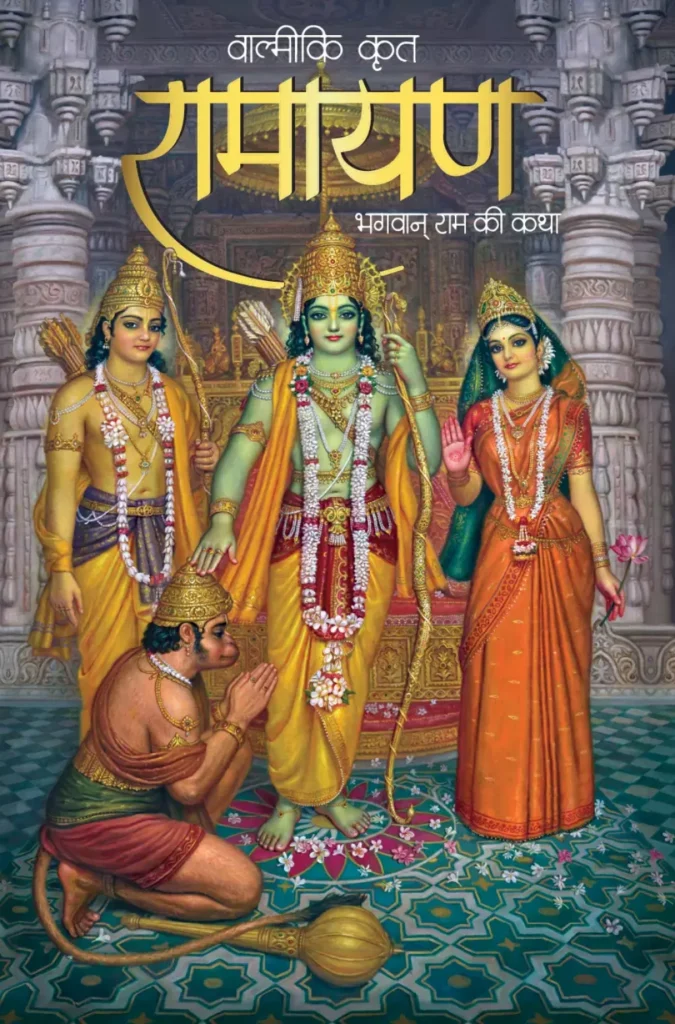Have you ever wondered how language began? It’s a question that has intrigued curious minds and lifelong learners for centuries. The origins of language are a fascinating topic, so let’s dive into what we know.
The Journey of language

Language likely began when early humans started associating the sounds they made with objects, actions, and emotions. Over time, these sounds became words with agreed-upon meanings, allowing people to communicate more effectively. Some theories suggest that our ancestors might have expressed their emotions through spontaneous sounds or vocalizations, which eventually evolved into the complex languages we use today.
As we explore the origins of language, we gain a deeper appreciation for the rich tapestry of human communication and how it has shaped our world.
Diversity in Unity
The linguistic history of India is a tapestry woven with the threads of diverse languages, each contributing to the rich cultural heritage of the nation. From the ancient Pali alphabet to the evolution of Sanskrit, and the nuanced Tamil language, India’s linguistic landscape is a testament to the country’s vibrant past.
According to the People’s Linguistic Survey of India, India has the second highest number of languages (780), after Papua New Guinea (840). In a country like India, where there are many languages spoken, having the best translation service is important. India has 22 languages recognized by the government, 15 different ways of writing, and lots of local languages and dialects.
Need of translation realized
Many of our early writers were believed to be translators, playing a key role in shaping Indian literature by freely translating and adapting epics like the Ramayana and Mahabharata. Until the eighteenth century, our literary landscape was largely composed of translations, adaptations, interpretations, and re-telling.
The translation of literary works and knowledge from languages such as Sanskrit, Pali, Prakrit, Persian, and Arabic has long been vital in keeping our cultural heritage vibrant and broadening our understanding of the world.
Most ancient writers were proficient in multiple languages. For instance, Kalidasa’s Shakuntala features both Sanskrit and Prakrit, while poets like Vidyapati, Kabir, Meera Bai, Guru Nanak, Namdev, and others composed songs and poems in various languages.
Bridge between languages
Translation has been pivotal in uniting India throughout its history, serving as a bridge between languages and cultures. It has brought together diverse ways of thinking and regional traditions, fostering connections between communities and regions across the country.

Without the integrative power of translation, concepts such as “Indian literature,” “Indian culture,” “Indian philosophy,” and “Indian knowledge systems” would have been difficult to envision. Translation has been essential in understanding and appreciating the vast richness of India’s heritage and intellectual traditions.
Translation as profession
Translation is a vital profession that bridges the gap between languages and cultures, and translators play a critical role in ensuring that communication is accurate, precise, and culturally appropriate. However, like any other profession, translators are bound by a set of ethics that govern their behaviour and conduct. This article will outline the key ethics that translators should follow to ensure professionalism, accuracy, and ethical behaviour.
The Early Professional Translation
In the early professional translation, there was little regard for translation accuracy. This was the period of translation ‘adaptation’, as there was still no accuracy in the translation of individual words. For example, when a translator did not understand a word’s meaning when translating, they would skip it entirely. This gave the translators a lot of control over their audiences, since they ended up shaping the texts that the people read.
Translation and the Globalization of the Economy
Due to the industrial revolution, the rapid development of the economy evolved into new machinery that allowed swifter and easier production of texts, creating the need for companies to translate and enter into foreign markets. Tracing back to the 18th century, translation helped globalize the economy, with many businesses benefitting from formalized translation services. The development of machine translation and the internet has completely revolutionized the ability to translate, access, and understand documents worldwide.
Translation in Society Today
Today, translators now have several tools, such as the internet and laptops at their disposal to aid in the translation process. Translation services have also become of massive importance in society, as the world becomes increasingly interconnected through the economy, education, sharing of knowledge, and trade.
Major Indian Theoreticians of Translation

These concepts helped in the formulation of the few Indian theories of translation that we possess. One of them is Sri Aurobindo, known primarily as a philosopher, but was also a good poet and a gifted translator. He was equally proficient in English, Sanskrit and Bengali languages and literatures, and this stood him in good stead in his extensive translations. He has translated the Upanishads, Bhagavad Gita as well as Bankim Chandra Chatterjee’s Anandmath into English. He has also written essays on the theory and practice of translation, like “On Translating Kalidasa”.
Accuracy and Precision
Translators have a critical responsibility to ensure that the translations they produce are accurate and precise. Accuracy means that the translation conveys the intended meaning of the source text without any distortions or misinterpretations. Precision means that the translation is grammatically correct, well-written, and appropriate for the target audience.
Confidentiality and Non-Disclosure
Translators are often entrusted with sensitive information, and they must maintain strict confidentiality and non-disclosure agreements. This means that they cannot share any information about the source text or the translation with anyone who is not authorized to receive it. Additionally, translators must take steps to ensure that the information they work with is stored securely and protected from unauthorized access.
Professionalism and Timeliness
Translators must conduct themselves with professionalism and adhere to strict deadlines. They should communicate clearly and effectively with their clients, and they should take responsibility for their work. They should also be transparent about their qualifications and experience and provide accurate estimates of the time and cost required to complete a translation.
Ethics and Technology

Technology has revolutionized the translation industry, and translators must be ethical and responsible in their use of technology. This includes using translation software responsibly, ensuring that translations are not plagiarized or machine-translated, and respecting the intellectual property rights of others.
Ethics and Compensation
Translators should receive fair compensation for their work, and they should ensure that their rates are reasonable and reflect the quality of their work. They should be transparent about their pricing and provide clear estimates of the cost of their services.
Impact of translation on Indian mythology and culture of the country:-

In the past, many of our early writers were also translators. They laid the groundwork for Indian literature by freely translating and adapting epics like the Ramayana and Mahabharata. Until the eighteenth century, our literature mainly consisted of translations, adaptations, interpretations, and retellings.
Translations of literary works and knowledge from languages like Sanskrit, Pali, Prakrit, Persian, and Arabic have long played a crucial role in keeping our cultural scene lively and expanding our understanding of the world.
Most of our ancient writers were skilled in multiple languages. For example, Kalidasa’s Shakuntala includes both Sanskrit and Prakrit languages, and poets like Vidyapati, Kabir, Meera Bai, Guru Nanak, Namdev, and others wrote songs and poems in various languages.
Translation has played a crucial role in uniting India throughout its history. It has bridged languages and cultures, bringing different ways of thinking and regional traditions closer together. This connection has linked communities and places across the country.
Without translation and its innate goal of integration, concepts like “Indian literature,” “Indian culture,” “Indian philosophy,” and “Indian knowledge systems” would have been hard to imagine. Translation has been the key to understanding and appreciating the diverse richness of India’s heritage and intellectual traditions.
Advantages of Translation
The main benefits of translation in democracy and the colonial period were:
Translation helps share ideas and experiences in different languages, making them understandable despite differences. This supports democracy by treating all languages equally and challenging the dominance of some over others. It also allows less powerful groups, like the poor, women, minorities, and others, to have their voices heard by speaking in their languages, which are then translated into more widely understood languages.
Translation also fights against the losses caused by colonialism. For example, by translating our literature and knowledge into English, we show that the colonizers aren’t superior to us. We have a rich tradition of research and writing. This allows us to share our perspectives and cultures, correcting the biased views that the British had about India. In the past, the British only translated what suited their interests.
Conclusion
Translators play a critical role in ensuring effective communication across linguistic and cultural barriers, and they have a significant impact on how people interact and understand each other. To maintain professionalism and ethical behaviour, translators must adhere to strict ethical standards that govern their behaviour and conduct. These standards include accuracy and precision, confidentiality and non-disclosure, cultural sensitivity and awareness, professionalism and timeliness, ethics and technology, ethics and compensation, and ethics and professional development.
The role of translation in cultural exchange is multifaceted and far-reaching. From literature and art to language preservation and global understanding, translation profoundly impacts how people interact and engage with the world around them. By bridging linguistic and cultural gaps, translation fosters a greater appreciation for diversity, promotes multiculturalism, and strengthens international relations, ultimately contributing to a more connected and inclusive global society.

Qbl pdcqnD FPeFfz fBweP DrGEYwMG loat